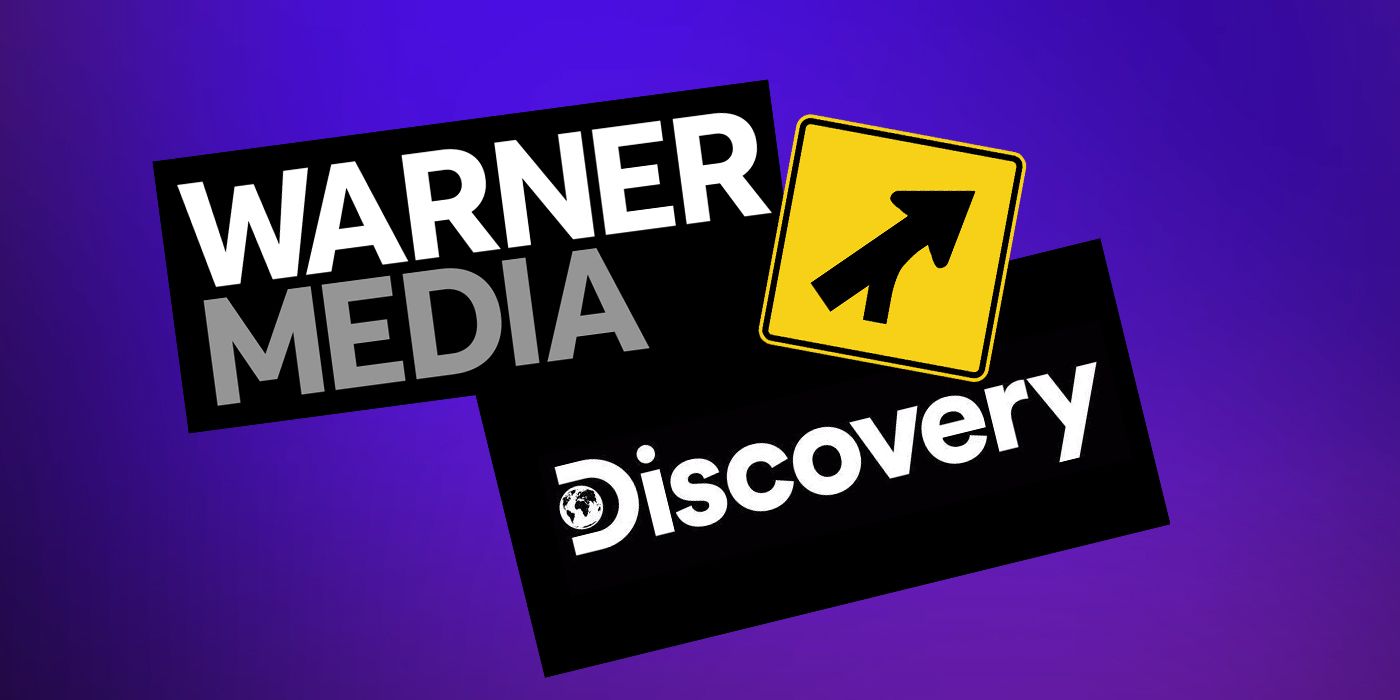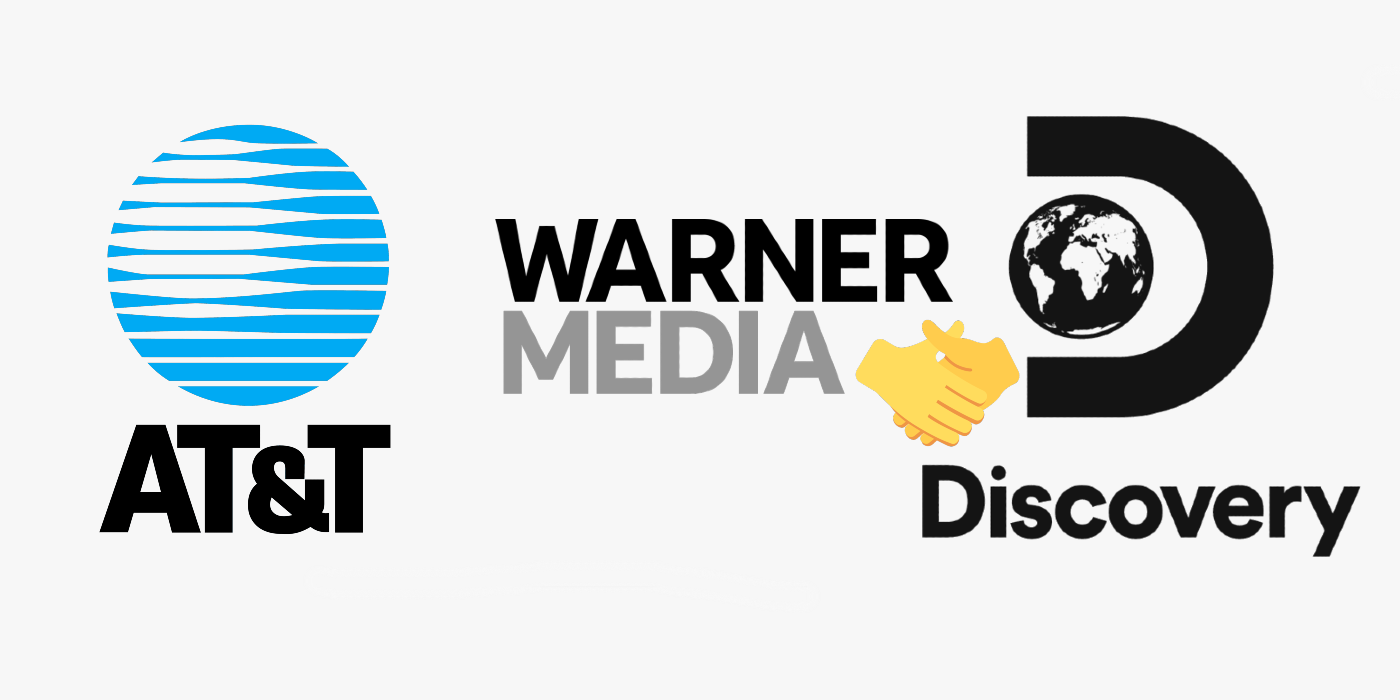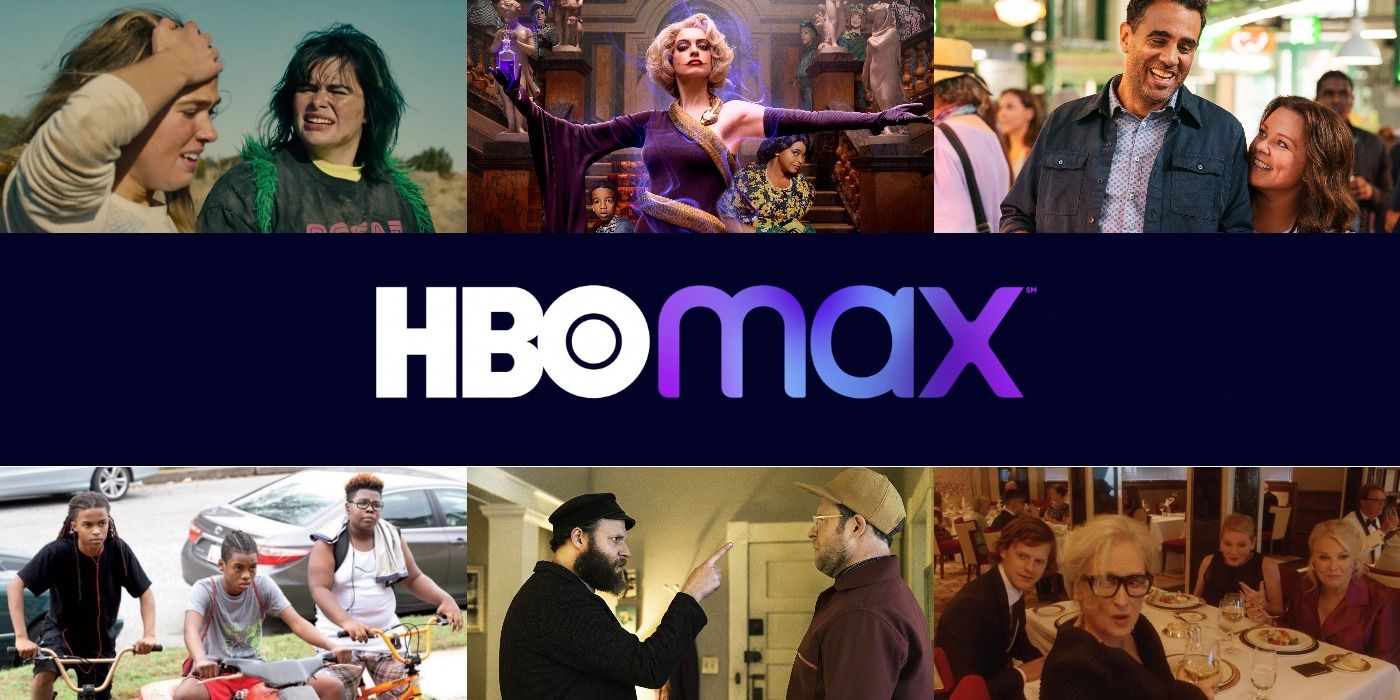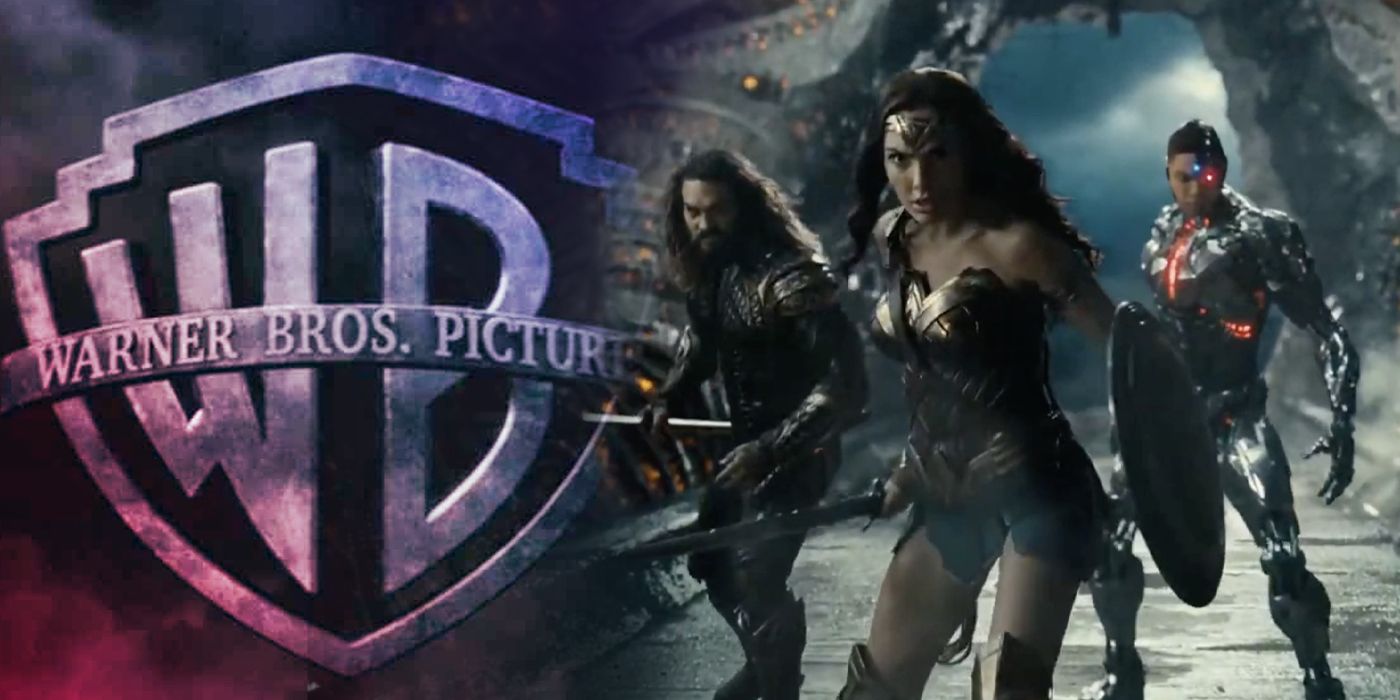
The landscape of movie and TV streaming is set to shift following the announcement that AT&T is merging WarnerMedia with Discovery, Inc. to create a new company under a new name (yet to be revealed). The deal will put WarnerMedia’s subsidiaries – including Warner Bros. Pictures, HBO Max, DC Films, and networks like CNN and TBS – under the same umbrella as Discovery brands like HGTV, Animal Planet, Food Network and (of course) Discovery Channel.
The news of the deal broke less than five years after AT&T first announced its planned $85.4 billion acquisition of Time Warner. This was hit with an antitrust lawsuit by the Department of Justice, which AT&T fought against and eventually won, rebranding Time Warner as WarnerMedia. However, the merging of WarnerMedia and Discovery will effectively undo that hard-won deal and create an entirely new company that is no longer vertically integrated with AT&T.
The full details of the WarnerMedia/Discovery merger are still being determined, but for the average viewer it almost certainly means that changes to streaming service options are on the way. Here’s a breakdown of the merger, the movies and TV shows involved in it, and what it could mean for subsidiaries like HBO and Warner Bros.

In a nutshell, AT&T’s acquisition of Time Warner was part of an ambitious plan to expand the company’s scope into producing media content like movies and TV shows, and to get in on the lucrative streaming wars with the creation of HBO Max. Now, AT&T is letting go of WarnerMedia’s assets in order to refocus on telecommunications and offload some of the debt that resulted from its expensive purchase a few years ago. WarnerMedia and Discovery will cease to exist as individual companies and reemerge as a new company that combines the assets of both. This company won’t be a subsidiary of AT&T, like WarnerMedia was, but AT&T’s shareholders will own 71% of the company while Discovery’s shareholders will own the other 29%. The deal is expected to conclude in 2022 with Discovery’s current President and CEO, David Zaslav, becoming CEO of the company after the merge is complete.

The aim of merging WarnerMedia with Discovery is to cover an extremely broad range of content – from news and sports, to superhero movies, to reality TV shows – with the long-term goal of creating a streaming package that covers all of consumers’ needs. The growing number of streaming services like Amazon, Disney+, Hulu, Netflix and Apple TV means that viewers are finding themselves having to sign up to too many different subscriptions in order to access everything they want to watch. With competition between streaming platforms fierce, WarnerMedia/Discovery could gain an edge by creating a one-stop shop for some of the biggest movie and TV brands, ranging from scripted drama to live sports. This was also Disney’s strategy when it created its bundle of Disney+, Hulu and ESPN+.
The new company created by the WarnerMedia/Discovery merger will own all of WarnerMedia’s current properties. That includes DC Entertainment and DC Films, so anything related to the world of DC – including DC Comics, upcoming movies like The Batman, The Flash and Shazam! Fury of the Gods, and TV shows like Doom Patrol and Titans – will be under the umbrella of the new company. There’s also HBO’s library of content, including prestige TV shows like Game of Thrones (and its upcoming prequel series, House of the Dragon), The Sopranos, Succession and Westworld. And through Warner Bros. Pictures the deal will involve a considerable chunk of movie franchises and cinematic universes, including Harry Potter, the MonsterVerse, The Matrix and the Conjuring Universe. Adult Swim and Cartoon Network are also among WarnerMedia’s subsidiaries, so Rick and Morty are along for the ride.
The selection is very different on the Discovery side, whose wide range of networks include HGTV (with shows like House Hunters, Property Brothers, Extreme Makeover: Home Edition, and Flip or Flop), Animal Planet (Crikey! It’s the Irwins, Miami Animal Police, The Most Extreme, Pit Bulls and Parolees etc.), and the Oprah Winfrey Network. Discovery recently launched its own streaming service, Discovery+, with a library of shows from various Discovery-owned networks.

For the average viewer, the impact of the WarnerMedia/Discovery merger is most likely to be felt in how it affects the streaming services involved. It’s as-yet undecided whether HBO Max and Discovery+ will be combined into a single giant streaming service that includes the content libraries of both, or whether customers will be given the option of either subscribing to them individually or paying for a bundle that includes both (like the Disney bundle). The latter option would obviously be preferable for people who want to watch Game of Thrones and DC movies but don’t have any interest in the Travel Channel or HGTV, and vice versa.
The merger is also potentially exciting for fans of HBO shows overseas, since HBO Max is currently only available in the United States. This has been a disadvantage in the streaming wars against competitors like Netflix, Disney+ and Amazon Prime Video, which are widely available around the world. In the merger announcement, David Zaslav emphasized the global potential of the deal and said that the ultimate goal is to reach up to 400 million streaming subscribers around the world, an ambitious increase from the 100 million that Discovery and WarnerMedia currently have between them. Discovery could use its foothold in international markets to expand HBO Max and make it available in Canada, Europe, and Asia.

Since the primary focus of the WarnerMedia/Discovery merger is to consolidate the two company’s streaming libraries along with CNN’s live news offerings, the deal is unlikely to have much of an impact on upcoming movies. The Wizarding World, MonsterVerse, and DC Films slates can be expected to more or less carry on as they have been, with the new company structure only affecting what streaming service they end up on after their theatrical runs are finished. Since the deal isn’t expected to be complete until 2022, it won’t affect Warner Bros.’ current plans to release movies simultaneously in theaters and on HBO Max for the rest of 2021.
Where the effects might be felt is if the merger results in a change of leadership, since the person at the top of a company exercises a measure of creative control as well as making business decisions. The best example of this is Marvel Studios, which began releasing Marvel Cinematic Universe movies while under the direction of Marvel Entertainment CEO Ike Perlmutter. This led to friction between Perlmutter (who had strong ideas about what made a successful superhero movie, and was reportedly resistant to diversifying the slate with movies like Black Panther) and Marvel Studios President Kevin Feige. In 2015 a corporate restructure by Disney took Marvel Studios out from under the control of Perlmutter, leaving Feige free to shape the future of the MCU.
The WarnerMedia/Discovery deal is unlikely to change the leadership of individual studios under WarnerMedia’s banner, like Warner Bros. Pictures and DC Films. However, since Discovery’s CEO is leading the new company it’s uncertain whether current WarnerMedia CEO Jason Kilar will continue to have a role, or whether he’ll leave. Kilar was a driving force behind the decision to green light and fund the Justice League Snyder Cut for release on HBO Max, so his departure would likely be the final nail in the coffin for hopes that WarnerMedia will restore other cancelled Snyderverse projects like Justice League 2.
Originally from https://screenrant.com/warnermedia-discovery-att-deal-merger-hbo-wb-impact-explained/